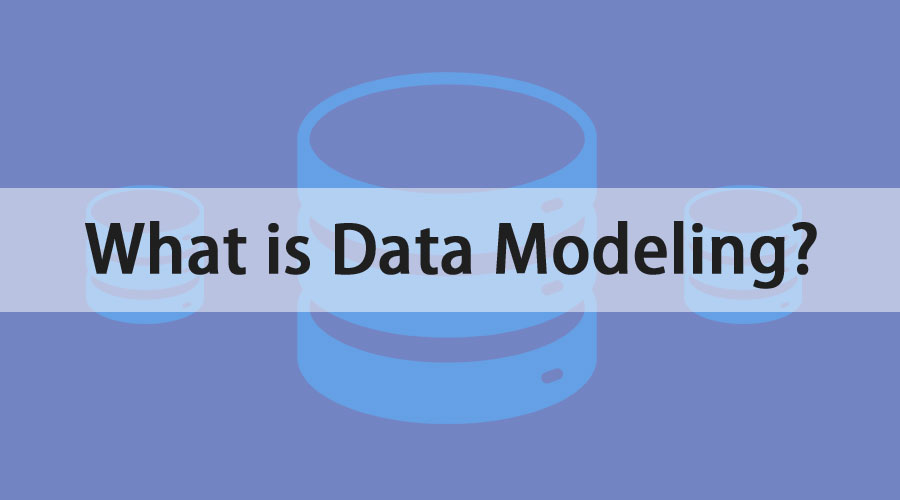Data is a critical part of today’s world. From businesses to the health sector and even social platforms, the power of data cannot be overstated. It predicts results, makes informed decisions, and facilitates growth. In this article, we’ll dive into the core of data utilization by exploring data modeling.
The Intricacies of Data Modeling
Data modeling is the process of creating a data model for the data to be stored in a database. The process isn’t as simple as it may seem. It comprises several complex steps, including conceptual, logical, and physical design.
These steps involve determining what data is to be stored, deciding how the data will be stored concerning the relations among the stored data, and finally, the physical manifestation of the design in the database. It’s a crucial aspect of managing and controlling data growth.
The conceptual design focuses on high-level data structures. The logical design details the data types, while the physical design illustrates how the model will look in the database. Each stage requires detail-oriented work to ensure proper data organization and management.
The Understated Role of Data Modeling in Business Growth

source: pinterest.com
Businesses produce massive amounts of data daily, from sales statistics to customer information. The challenge lies not in collecting but in making sense of it. That’s where data modeling steps up, allowing businesses to organize and interpret their data effectively.
With an efficient data model, businesses can gain deep insights into their operational efficiency, customer behaviors, and market trends. Such insights can serve as a roadmap for business growth.
Data modeling assists companies in using their data to facilitate informed decision-making, which can spur innovation and growth. This underpins the importance of data modeling in business growth and expansion.
Data modeling is a facilitator of growth. It organizes data and enables businesses to interact with their data, fostering informed decision-making processes and business growth.
Transforming Data Into Information: The Magic of Data Modeling
Data alone lacks significance until it’s transformed into insightful information. This translation is carried out through data models that organize raw data, allowing for efficient data conversion into useful information.

source: pinterest.com
A well-structured data model can depict relationships amidst data elements, extracting meaning from a pool of raw data. The structured depiction of data relationships enables businesses to navigate their data environment effectively.
Therefore, the transformation of data into information using data models has immense potential. It can provide valuable insights and aid in making informed decisions.
The Confluence of Data Modeling and Decision-Making
Decision-making is crucial for any successful business operation. With the large volumes of data businesses deal with today, data modeling is an indispensable tool in decision-making.
Data modeling structures data in a manner that enables businesses to access the precise data they need to make decisions quickly. Structured data is easily navigable and provides insightful information, which allows for informed decision-making.
The faster a business can access and interpret its data, the quicker decisions can be made. This enhances efficiency and can give a company a competitive edge.
Future of Data Analytics: Data Modeling as a Catalyst

source: pinterest.com
The future of data analytics is promising, with data modeling sitting at the core. As businesses continue to generate and accumulate more data, the demand for effective data modeling will skyrocket.
Data modeling will increasingly drive the ability to make informed decisions, predict trends, and experience growth. It’s set to become an integral part of business processes in the future.
Further advancements in data modeling techniques and methods are expected in the future. Enhanced models will redefine how businesses perceive, understand, and interact with their data.
Data modeling is crucial, from simplifying data comprehension to impacting decision-making directly. It’s an underrated tool that can be pivotal in facilitating business growth and shaping the future of data analytics.





